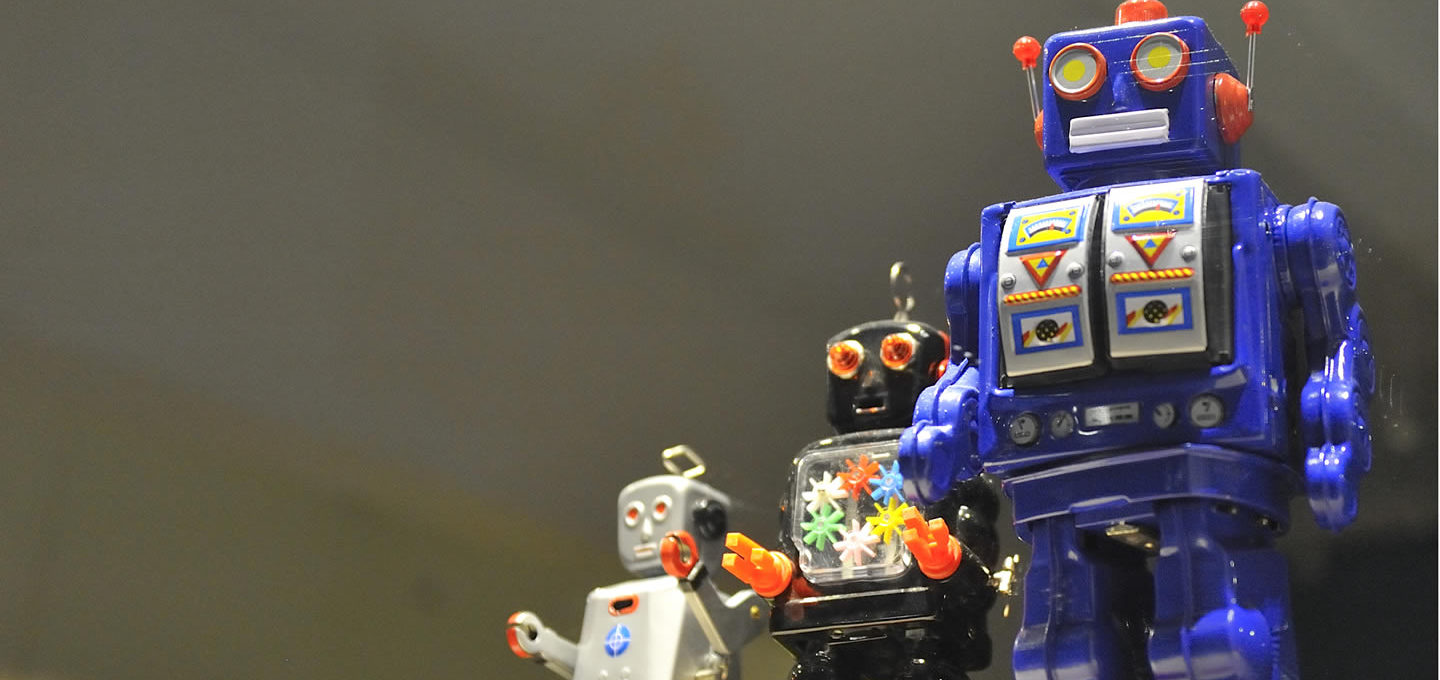Turing’s famous question has never seemed more pertinent. ‘Are there imaginable digital computers which would do well in the imitation game?’ The ‘imitation game’ which Turing had in mind was the appearance of intelligent human behaviour. The key words in that sentence being ‘appearance’ and ‘human’.
It’s not that a machine could exhibit artificial intelligence, nor that it could become human but that it could ‘imitate’ human intelligence, operating in the clothing of human behaviour. Which is why AI developers have been so interested in the game of poker.
When Kasparov lost to IBM’s Deep Blue chess computer it seemed to many that computers were suddenly cleverer than people. It was of course a party trick. Games like chess and Go are games where all the data is known, they are perfect computer games. Now poker, that’s a different matter and that’s why it’s so interesting. Poker is a game of incomplete knowledge, it’s a game in which emotion and behavioural traits may influence play as much as experience and expertise. Any computer that’s going to beat a good poker player is well on the way to passing the Turing test.
Just how many bots are out there, joining games at online poker tables, nobody knows. It’s certainly a threat that online card rooms such as partypoker take seriously ‘We are also committed to detecting and preventing software programs which are designed to enable artificial intelligence to play on our platforms.’
Back in 2015, researchers at the University of Alberta created Cepheus, a computer designed to play a two player ‘limit’ version of Texas Hold’Em poker. The computer taught itself by playing billions of simulated games and evolved a strategy which enabled it to compute options and probability for any given play. Like a professional gambler it played the long game, ensuring that over the long term it would not lose money. Impressive, but only possible because of the constraint imposed by the ‘limit’.
The version of the game preferred by humans is the ‘no limit’ version where there is no maximum stake and where players can go ‘all in’ at any stage of the game. To win at this game a bot requires something much closer to human intelligence: a machine that can bluff and intimidate, a machine that can imitate. So how good are these machines? Well better than a lot of human players because a lot of human players aren’t very good. So, if you are a bot, watching a table of weak players then it’s probably going to be a turkey shoot.
Up against professionals, now that’s a different matter. Bots profile their human opponents in order to beat them, professional poker players do exactly the same. So, when a professional spots a player, or players because bots are sometimes deployed in packs, making identical sized bets with identical timing and who is unwilling to engage in chat, then they probably figure they’re up against a bot and once they’ve done that they’re probably going to make some money. Which brings me to a final thought: perhaps we should stop worrying about bots, let’s welcome them to the table, because poker is a game of chance and they’ll never be an unbeatable bot.
Photograph by Rog01

